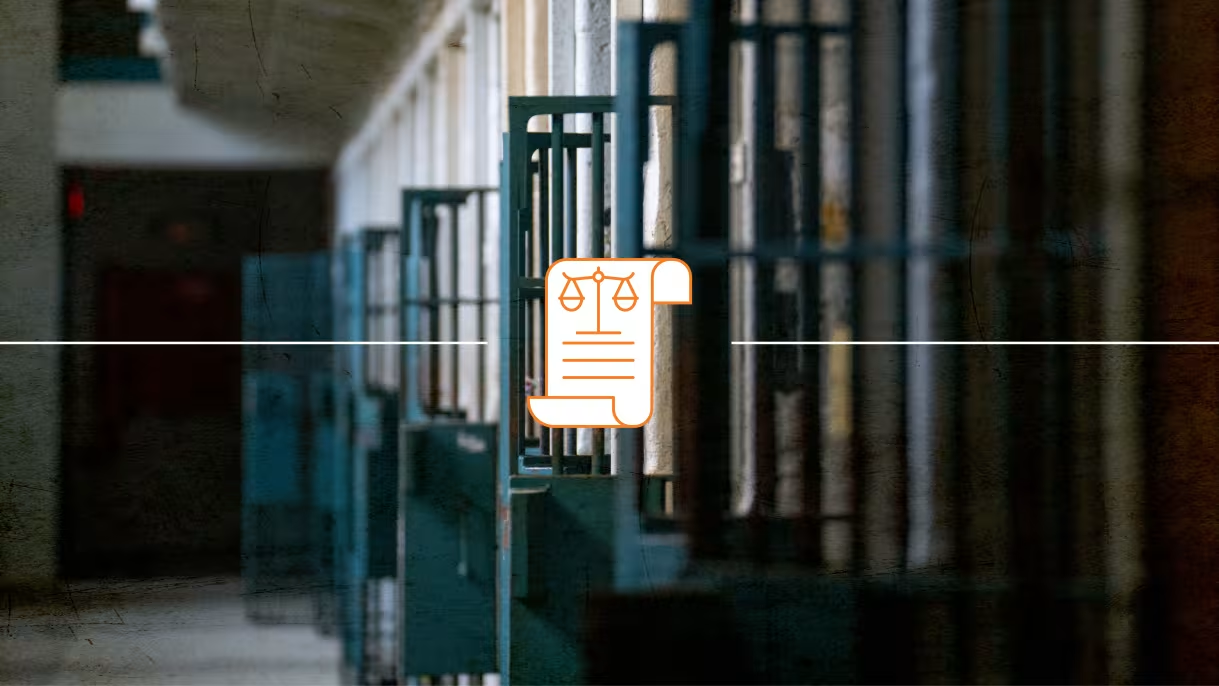

Bipartisan Group Facilitated by Princeton SPIA Issues Criminal Justice Reform Principles
National organizations from across the political spectrum have released a set of principles aimed at guiding policymakers in reforming the U.S. criminal justice system to be fairer and more effective.
Following discussions facilitated by the Princeton School of Public and International Affairs and the Council on Criminal Justice and sponsored by The Just Trust, 14 organizations ranging from the Conservative Political Action Conference to the American Civil Liberties Union pledged their support of four principles “meant to show the American public and policymakers that there is agreement on the left and right that the criminal justice system needs to be improved.” The principles were announced today during a virtual event attended by more than 550 people.
The signatories to the principles, representing seven leading advocacy organizations on the left and seven on the right, note that while they oppose each other on numerous issues of policy, “we agree that the criminal justice system is too big, costs too much, and fails to deliver the safety and justice Americans deserve. We share a commitment to a safer and more just nation and agree on the following four principles for criminal justice policy.”
The principles are safety, fairness, dignity, and accountability.
About safety, the group says: “Everyone deserves to be safe. Lasting safety is created by using the best available evidence to prevent crime, enforcing laws in a manner that protects constitutional rights, helping crime survivors heal, providing second chances, and investing in the infrastructure and services that help people and communities thrive.”
Regarding fairness: “The justice system should uphold constitutional rights and liberties and apply the rule of law fairly and proportionally to all. Policies and practices should advance equal justice in the face of longstanding disparities along race, class, disability, and other lines, and actively work against any two-tiered system of justice.”
Dignity: “Every person has inherent worth, value, and potential for change. All people should be treated with dignity and respect and afforded opportunities to contribute positively to their communities.”
Accountability: “Individuals, society, and government systems share responsibility for safety and justice. While individuals are responsible for their actions, a system of accountability must also consider individuals’ circumstances and provide opportunities to repair harm. People who work in the justice system should meet high moral, legal, and ethical standards and be held responsible for wrongdoing. Justice agencies should use taxpayer dollars responsibly and actively share information with—and seek input from—the public.”
Many of the organizations that helped craft the principles have worked together on state and federal criminal justice policy for more than a decade. Planning on how to articulate their shared values began over a year ago, and all the participants met at Princeton University in November to begin the drafting process.
“The Princeton School of Public and International Affairs is proud to have hosted the convening that took place in the fall, which resulted in these bipartisan principles on criminal justice,” said Udi Ofer, a John L. Weinberg Visiting Professor and lecturer of public and international affairs at Princeton SPIA. “Bipartisan criminal justice reform is not only possible—it’s happening. Every year, we continue to see dozens of reform laws quietly pass in red, blue, and purple states, with support from both Democrats and Republicans on issues ranging from sentencing reform to eliminating excessive fines and fees and improving reentry opportunities for formerly incarcerated people. And while national headlines may focus only on backlash, polling shows the public still strongly supports fairer and more accountable criminal justice policies, and consensus continues to emerge, even among unlikely allies, as we saw firsthand at Princeton this past fall.”
While the initiative hopes the principles will prompt advocates, media outlets, and others “to ask whether proposed reforms or current policies and practices align with them,” it targets policymakers in particular.
“We urge policymakers to integrate the perspectives of victims and survivors of crime, people who work in the justice system, and people who have criminal records or have been impacted by the system,” the signatories write, “as they work to advance these principles across all parts of the system, including in their application to law enforcement and corrections officers, judges, prosecutors, defense attorneys and others.”

